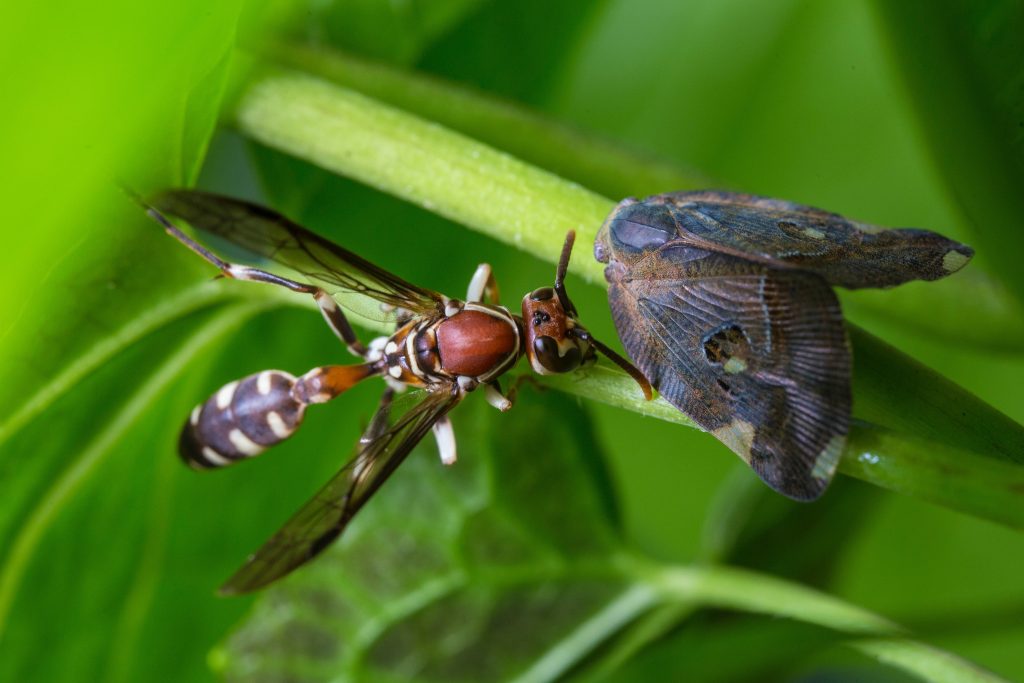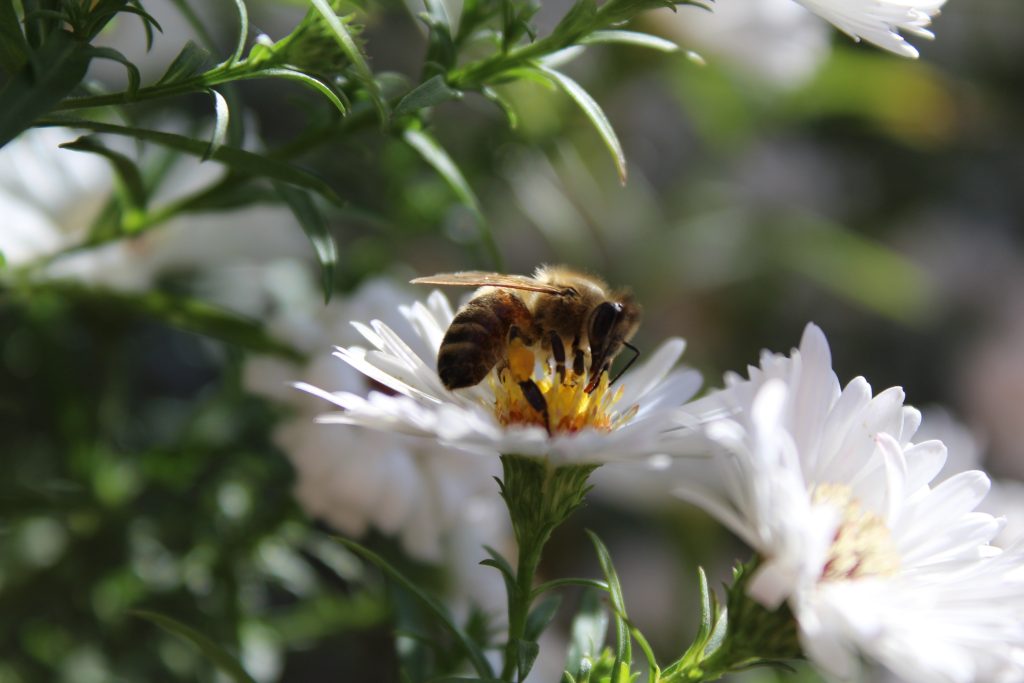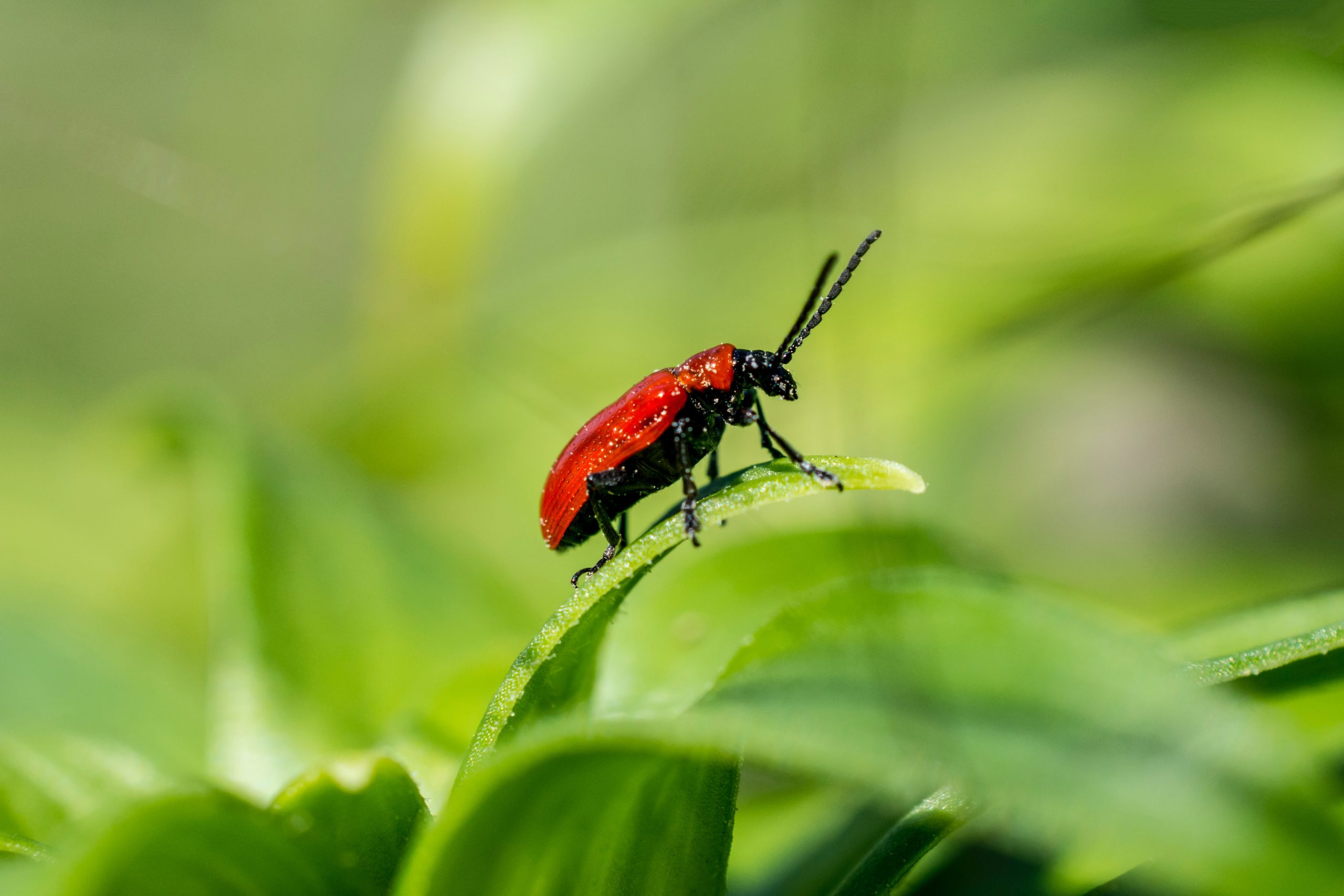Pests can be a major problem for gardeners, but there are several ways to control them without resorting to harmful chemicals. Here are some natural methods to control pests in gardening:
- Companion planting: Certain plants, such as marigolds, can be planted alongside your vegetables and flowers to deter pests. For example, marigolds are known to repel nematodes and other soil-borne pests.
- Handpicking: Inspect your plants regularly and remove any pests that you find by hand. This can be time-consuming, but it is an effective method for small infestations.
- Insecticidal soap: Insecticidal soap is a natural and effective way to control aphids, spider mites, and other soft-bodied insects. It works by disrupting the cell membranes of the insects and causing them to dehydrate.
- Neem oil: Neem oil is derived from the seeds of the neem tree and is an effective natural pesticide. It can be used to control a wide range of pests, including aphids, whiteflies, and spider mites.
- Diatomaceous earth: Diatomaceous earth is a fine powder made from the fossilized remains of diatoms. It can be sprinkled around plants to control pests like slugs, snails, and ants. The powder works by drying out the exoskeleton of the pests.
- Row covers: Row covers are a physical barrier that can be used to protect your plants from pests. They can be made from lightweight fabric or plastic and placed over the plants to keep pests like aphids, whiteflies, and caterpillars from reaching them.
- Natural predators: Encouraging natural predators like ladybugs, lacewings, and praying mantises to live in your garden can be an effective way to control pests. You can attract these predators by planting flowers that provide nectar and pollen for them.

There are many types of garden pests that can harm plants and cause damage to gardens. Some common types of garden pests include:
- Insects: Insects like aphids, caterpillars, beetles, and whiteflies are some of the most common pests that damage gardens. They feed on the leaves, stems, and roots of plants, causing them to wilt and die.
- Mites: Mites are small arachnids that can damage leaves and other plant parts. They are especially problematic for indoor plants and can cause yellowing, stippling, and defoliation.
- Rodents: Mice, rats, and other rodents can be a problem in gardens as they will eat seeds, fruits, and other parts of plants. They can also damage the root systems of plants, causing them to die.
- Birds: Birds can damage fruit and vegetable gardens by eating fruits and seeds, and by pecking at leaves and stems. They can also create nests in trees and shrubs, which can cause damage to the plants.
- Deer: Deer can be a major problem in gardens, especially in rural areas. They will eat almost any plant, including flowers, fruits, and vegetables.
- Snails and slugs: These pests are known for damaging plants by eating leaves and stems. They are especially problematic in wet environments.
- Fungi: Fungi can cause diseases in plants, which can lead to rot, wilting, and death. Common fungal diseases include powdery mildew, black spot, and rust.
- Weeds: Weeds can compete with plants for water, sunlight, and nutrients, and can also harbor pests and diseases.
It’s important to identify and manage garden pests early to prevent them from causing significant damage to plants.

Just like there are garden pests, there are also many beneficial insects and other creatures that can be considered “garden friends” because they help maintain a healthy ecosystem and even help control pest populations. Here are a few examples of garden friends:
- Bees: Bees are important pollinators that help to fertilize plants and promote healthy growth. They are especially important for fruit and vegetable gardens.
- Ladybugs: Ladybugs are known to eat aphids and other harmful insects that can damage garden plants. They are often considered a natural form of pest control.
- Praying mantises: Praying mantises are predators that eat a variety of garden pests, including aphids, caterpillars, and beetles.
- Butterflies: Butterflies, like bees, are important pollinators that help to promote healthy plant growth.
- Earthworms: Earthworms help to aerate soil and break down organic matter, which can help to improve soil health and nutrient availability for plants.
- Birds: Many bird species, such as chickadees and wrens, eat insects that can be harmful to garden plants.
- Spiders: Spiders are predators that can help to control populations of harmful insects in the garden.
These garden friends can be encouraged to visit your garden by planting a diverse range of plants, providing water sources, and minimizing pesticide use. By promoting a healthy ecosystem, you can create a sustainable and thriving garden.

